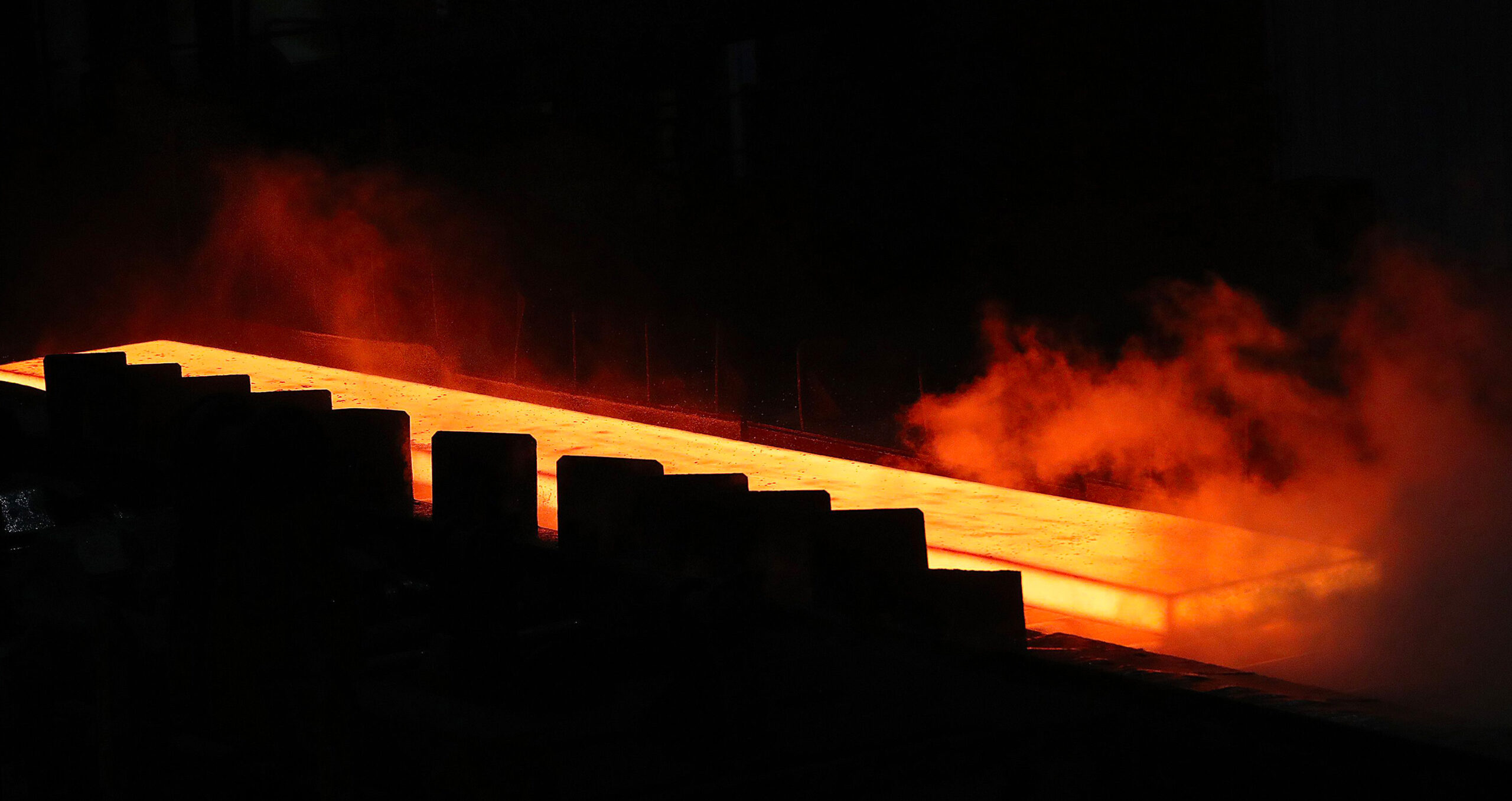
EU progresses on trade measures to cut emissions

After a provisional deal on an EU carbon border adjustment mechanism earlier last week, legislators agreed on reforms to the EU Emissions Trading System late on Saturday. It remains to be seen how the decisions will play out for Europe’s industries and with its trading partners.
Imports into the EU of iron, steel, cement, aluminium, fertilisers, electricity generation, hydrogen and some downstream iron and steel products such as screws and bolts will be subject to a carbon border tax, agreed by the European Parliament on Tuesday morning. At the same time, free emissions allowances to industrial sectors under the EU Emissions Trading System (ETS) will be phased out by 2034, according to a deal made late on Saturday night.
Not everyone was happy with the decision. Environmentalists claimed the EU was continuing to favour heavy industry over climate action, while industry insisted it still needed support to help it decarbonise and remain competitive.
Under the carbon border adjustment mechanism (CBAM), companies importing into the EU will have to purchase certificates to pay the difference between the carbon price paid in the country of production and the price of carbon allowances that would be paid under the ETS. The tax would be rolled out gradually from October 1 2023, with importers initially being required simply to provide emissions data.
The system aims to ensure companies in the EU are not disadvantaged by adhering to stricter climate legislation and higher production prices than firms in other jurisdictions. The CBAM is also “one of the only mechanisms we have to incentivise our trading partners to decarbonise their manufacturing industry”, Dutch MEP Mohammed Chahim said at a press conference on Tuesday morning.
Industrial emissions reductions
The second part of the deal came this weekend, as legislators agreed to reduce emissions from the EU ETS sectors by 62 per cent by 2030, compared to 2005 levels – an increase of 19 percentage points compared to the 43 per cent reduction under existing legislation. Industries such as chemicals, cement and steelmaking currently receive most of their carbon dioxide permits for free but these allowances will also be phased out between 2026 and 2034 as CBAM is phased in.
“We are still waiting to see the final details of the agreement, but from our perspective a strong CBAM is important to create a global level playing field on carbon dioxide emissions and support our sector in its transition to carbon neutrality,” said Koen Coppenholle, CEO of Cembureau, an organisation representing the EU cement industry, on Sunday morning. “It is, however, regrettable that the agreement does not seem to include a structural solution for exports.”
Alex Mason, head of climate and energy at the WWF European Policy Office, said in a written statement that the ETS deal was “too little, too late” in 2022. “It favours big polluters over helping citizens get off expensive fossil fuels by continuing to hand out billions in free emissions allowances with few strings attached,” said Mason. The environmental organisation estimates industries covered by the ETS need to make emissions cuts of 70 per cent by 2030.
“Looking ahead, it is also essential that policymakers support EU industries like cement, which are confronted with unsustainably high energy costs at a time when some of our trading partners are launching massive subsidy programmes,” added Coppenholle, referencing the US Inflation Reduction Act, which will invest $369bn in energy security and climate change programmes over the next 10 years.
International reaction
How the US and others will react to the CBAM is an open question. The EuropeanParliament insists the bill is “designed to be in full compliance with WTO rules”, but lawyers and trade experts say it could be in violation of various international trade laws.
Philippe De Baere, a trade specialist at law firm Van Bael & Bellis in Brussels, said: “There is some room for manoeuvre under Article XX of the GATT [the World Trade Organization’s General Agreement on Tariffs and Trade], but as it is currently proposed, the CBAM will need to be tweaked if it is not to be seen as disguised protectionism. It would also help acceptance if some of the money from CBAM were earmarked for environmental actions.”
Saturday’s deal also means that shipping emissions will be included in the EU ETS, and a new ETS will be created from 2027 to cover emissions from buildings and road transport. A €65bn social climate fund will also be created to enable member states to help vulnerable citizens and small companies invest in energy efficiency measures such as home insulation, heat pumps, solar panels and electric mobility.
Photo credit: Bloomberg
Similar Articles

High Court rules, again, against UK government climate plans

In Brief: EU Council approves two-year delay to parts of CSRD, ISSB publishes digital taxonomy


